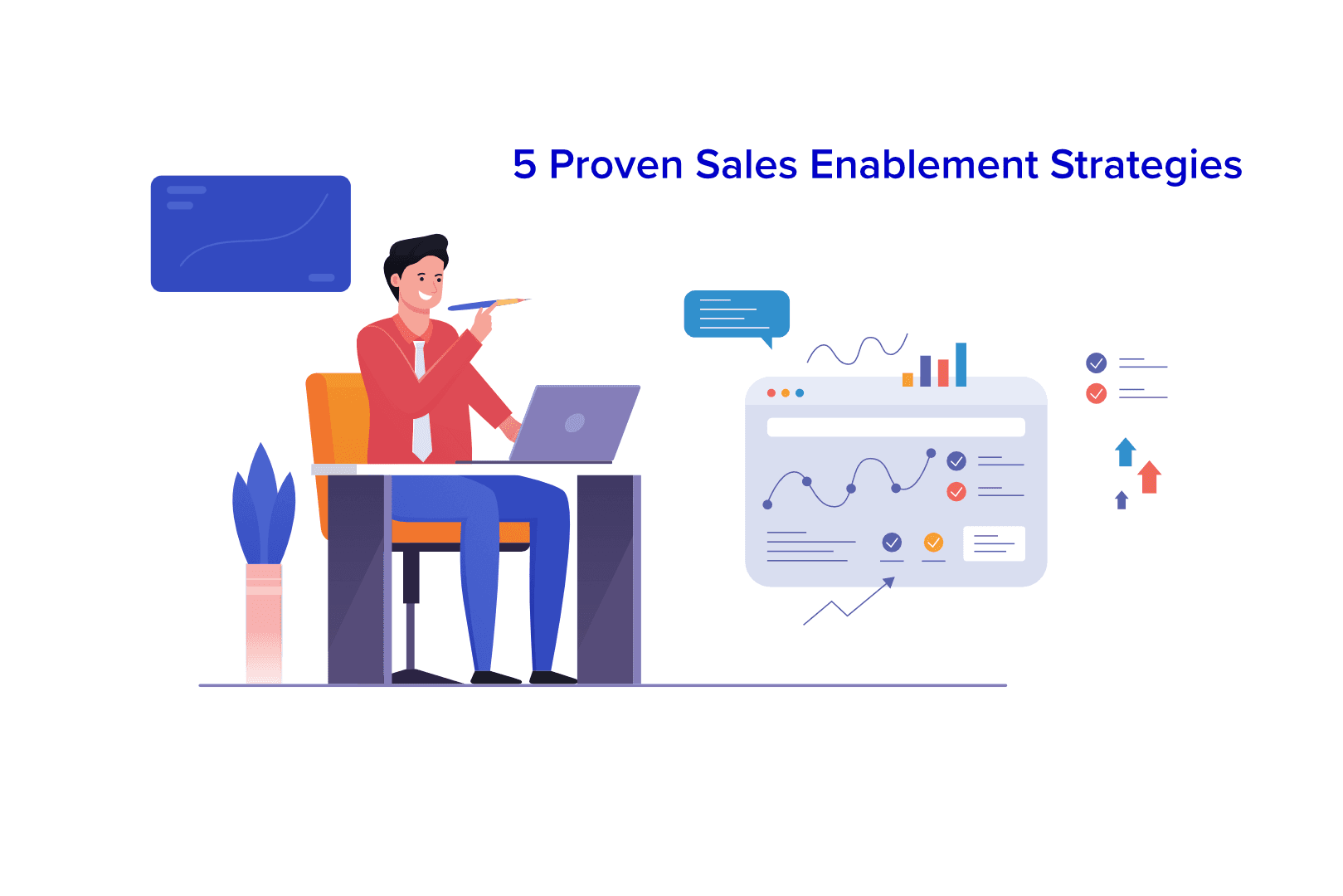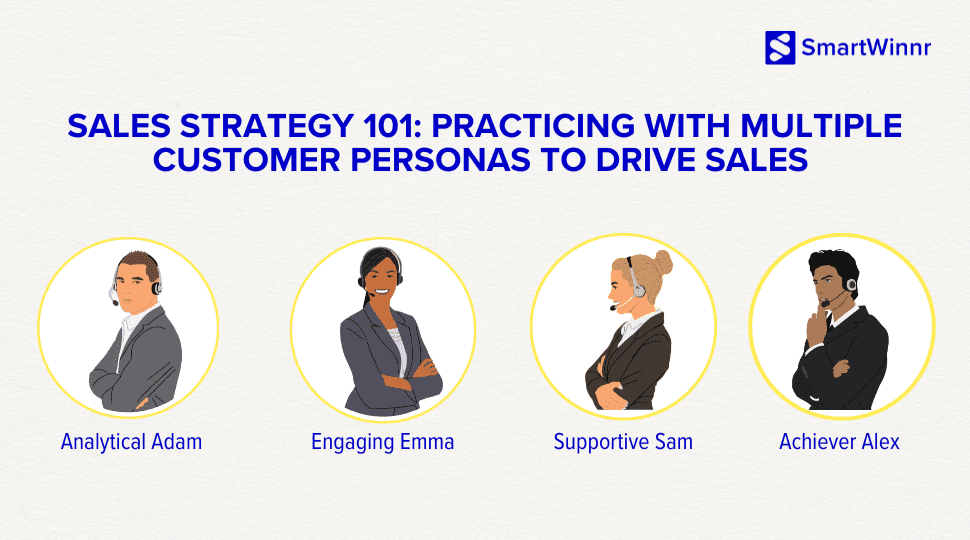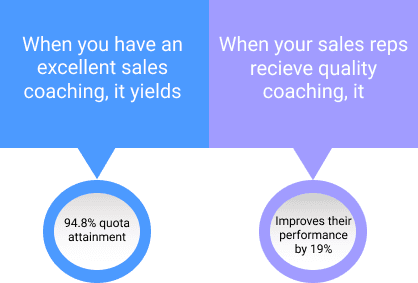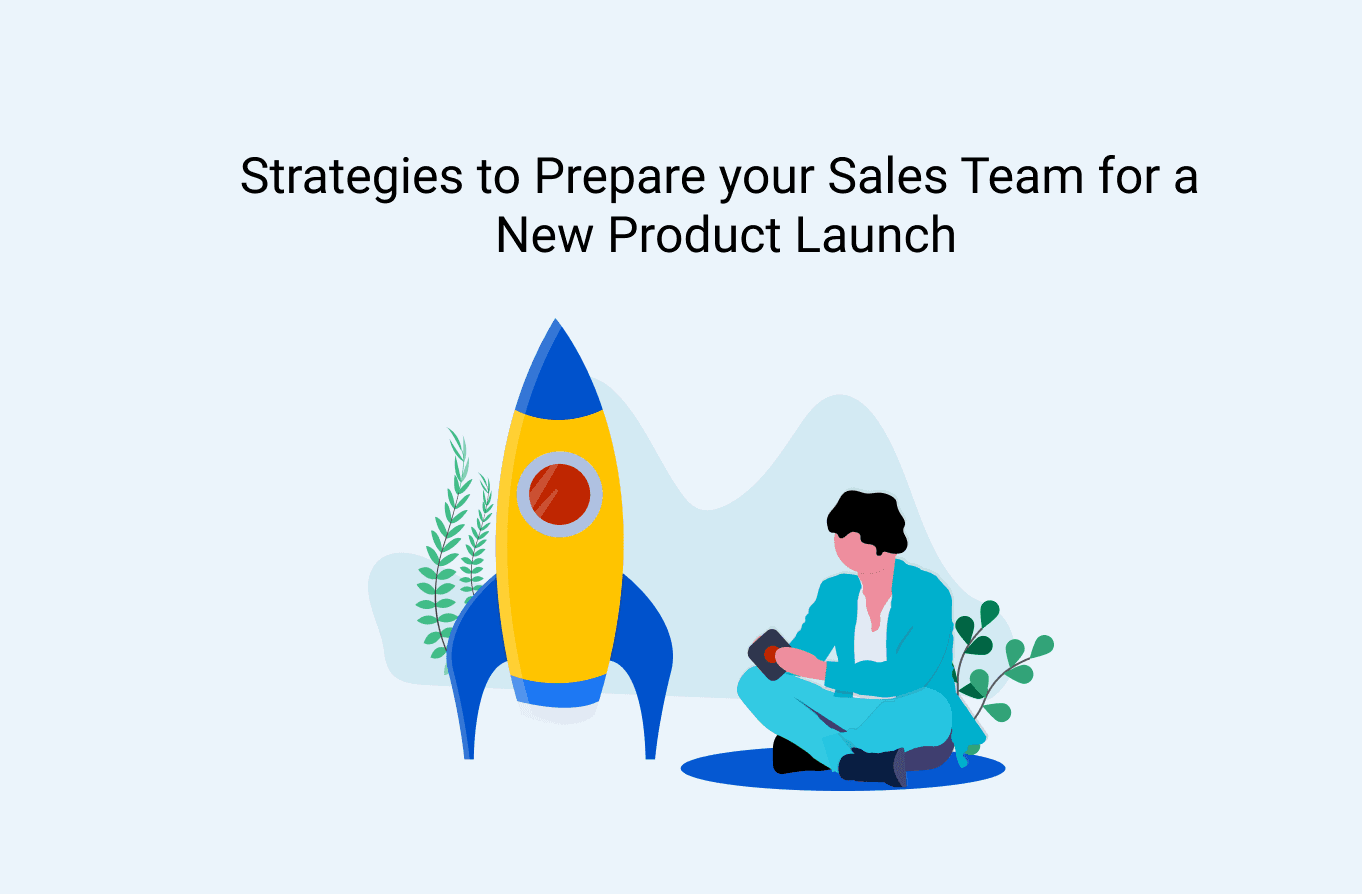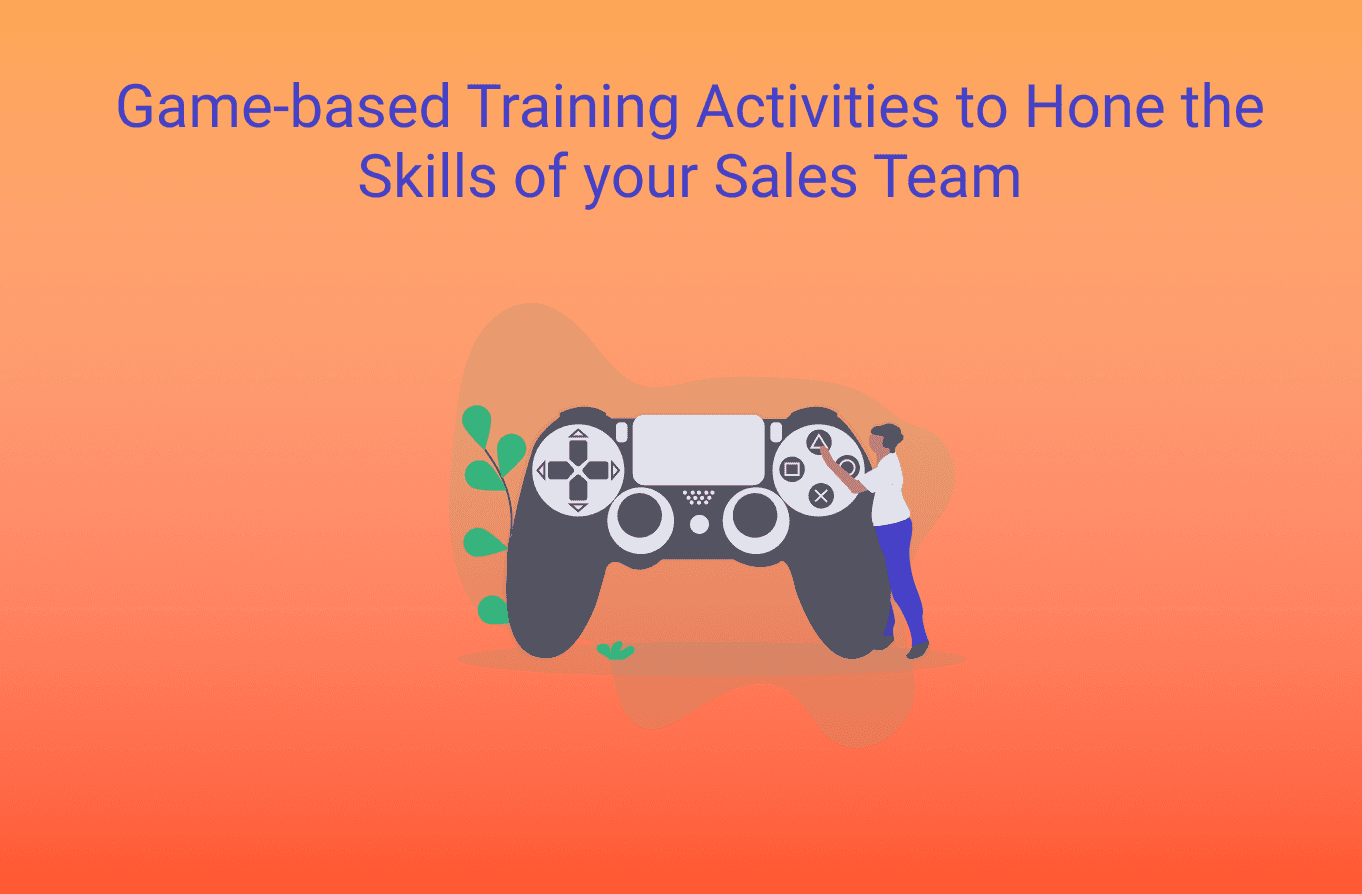Summary
Hunters target new opportunities. Farmers nurture current clients. Discover why both are essential on your sales team & how they complement each other.
The sales department is the heart of any organization. This is quite obvious because sales teams bring in the fuel of sales that keeps businesses running. But if you take a close look at your sales team who will notice that your sales folks can put segregated into 2 categories based on the sales strategies that they follow. They can be designated as,
Hunters
And Farmers
Who are Hunters?
Hunters are typically the life of the party. They are the doers. They get their sales energy through “hunting” new opportunities and closing deals.
Hunters can be described as independent (with a lot of initiative), goal-driven, and have machine-like speed.
They tend to focus on achieving goals faster
They focus on bringing in high-value customers
They try to close as many deals as they can
They are good at forming instant connections on social media
They love going from one customer to another as soon as they close one deal
They take initiatives and constantly lookout for new clients
Because of their charismatic nature, and their confidence, hunters are great at generating new leads and can easily close deals with new clients. They are the drivers behind successful sales growth.
But this sales strategy conjures up the images of early-age humans hunting for their survival. Just like them, this method results in feast or famine for your sales reps. Meaning,
They would either feast if they hit an upswing and produce a ton of quality leads
Or they would go hungry if your pipeline dries up and they have no deals to close
While this approach is worth implementing, sometimes it can be justified and other times it can’t be justified. Like here some drawbacks that the hunters come with:
Because of their “live in the moment” attitude, they miss out on small details that could lead to future revenue
In their drive to move from one opportunity to another, they often fail to build long-term relationships with the customers
They have a tendency of focusing on the quantity rather than the quality
They are less likely to follow up with clients and more likely to lose opportunities to convert them into repeat customers
Who are Farmers?
In contrast to the hunters, farmers are more focused on developing long-term relationships. They are the nurturers. They believe in building relationships with leads and clients for a lasting impact. They are team players that bring everyone else up and develop strong customer loyalty.
Here is how farmers operate:
Farmers focus on nurturing existing accounts
They are the kind of people who know all their clients by their names (and their coffee orders)
They know their clients’ preferences and tastes
They patiently listen to their customers’ problems and offer sound advise
They believe in understanding the clients and their businesses at a deeper level
They consistently try to upsell/ cross-sell to the existing customers by uncovering opportunities and offering the right solutions at the right time
They always follow up to see if the clients are happy with your solution
Farmers are great at cultivating repeat customers because of their commitment to detail and building strong relationships. Clients come to rely on them because they know farmers will always deliver. A farmer will take the time to learn about the client, to know when to call and follow up on a sale.
While farming limits the ability to feast and famine, farmers are often only comfortable on their own plot of land. They do not like to venture into new territory. A farmer will not do well making cold calls to prospective clients. Rather, she would prefer to establish a committed relationship with a client who has already been sold by the hunter.
Typical Sales Roles for Hunters and Farmers
If you observe your reps’ behavior you’ll notice that each one of your reps has a natural skill that is inclined towards either being a hunter or a farmer. You would also see cases where the sales reps have good enough skills to excel at hunting as well as farming. But broadly speaking you can put your team’s hunters and farmers into these roles mentioned below which specifically take advantage of their unique skill sets:
Sales roles where hunters are likely to excel:
Account executive
Field sales representative
Business development representative/manager
Sales roles where farmers are likely to excel:
Account manager/representative
Customer service representative
Inside sales representative
Obviously, specialized roles are easier to accommodate in larger organizations, but even on smaller teams, you can delegate responsibilities accordingly. The same people can have multiple roles, but they should play to what they’re best at.
Building a balance between Hunting and Farming
When attempting to determine the large-scale differences between hunters and farmers, eventually we ask ourselves, “Who is better - a hunter or a farmer?” The answer is ultimately irrelevant. Because for a company to truly succeed in sales, it will need both types of people on its sales team.
Create a rock star sales team by knowing your sales representatives’ strengths and weaknesses. Create a balance where both hunters and farmers are represented according to your business needs. Meaning,
Do you need to acquire more number of new business accounts
Or is it your priority to grow your existing accounts and generate more revenue from them?
Decide your priorities first and then accommodate hunters and farmers in your sales team accordingly
Know that having hunters but no farmers will help you with rapid customer acquisition, but you’ll have trouble keeping up with your existing customer base. Likewise, having farmers but no hunters will help you achieve a loyal customer base, but you will have a hard time expanding the company to new customers and opportunities. So figuring out the right balance between these two sales roles is very important.
Want to learn how to overcome the prospect’s resistance?
Read: How to overcome Prospects’ Resistance?
Learn how the puppy dog close technique helps you to close more deals
The Puppy Dog Close Technique: Let your customers experience your brand personally
Learn about the sales methodologies that will help you to close complex deals
Top 6 Sales Methodologies for Closing Complex Deals


